Selling your home is a complicated process that is full of tiring paperwork, waiting around, and hoping against hope that a buyer who will at least provide you with your asking price.
It’s no surprise that when it comes to selling a house and moving into a new one, centuries’ worth of superstitions and old wives’ tales have been developed to help homeowners deal with the stressful process.
If you’re retiring, relocating, or downsizing and need to sell your house, what do you do if the stars just aren’t aligning for you? It’s time to bring out that crystal ball. Don’t put away that rabbit’s foot just yet, cross your fingers and take a look at these age-old house-selling superstitions. Maybe your luck will change!
Using a St. Joseph Statue to Sell a House
When your house won’t sell, you may feel ready to try anything—even something unconventional. A St. Joseph statue to sell a house is a popular, yet unconventional, way to bring some good luck. There are many types of good luck traditions for new homes and for selling your home as well.
Why St. Joseph?
St. Joseph is considered the patron saint of families, working people, and both house sellers and buyers. As a figure from the Gospels, Joseph is known as the husband to Mary and the adopted father of Jesus.
He was a working man and skilled as a carpenter, which may account for his being the patron saint of workers and things to do with houses and real estate.
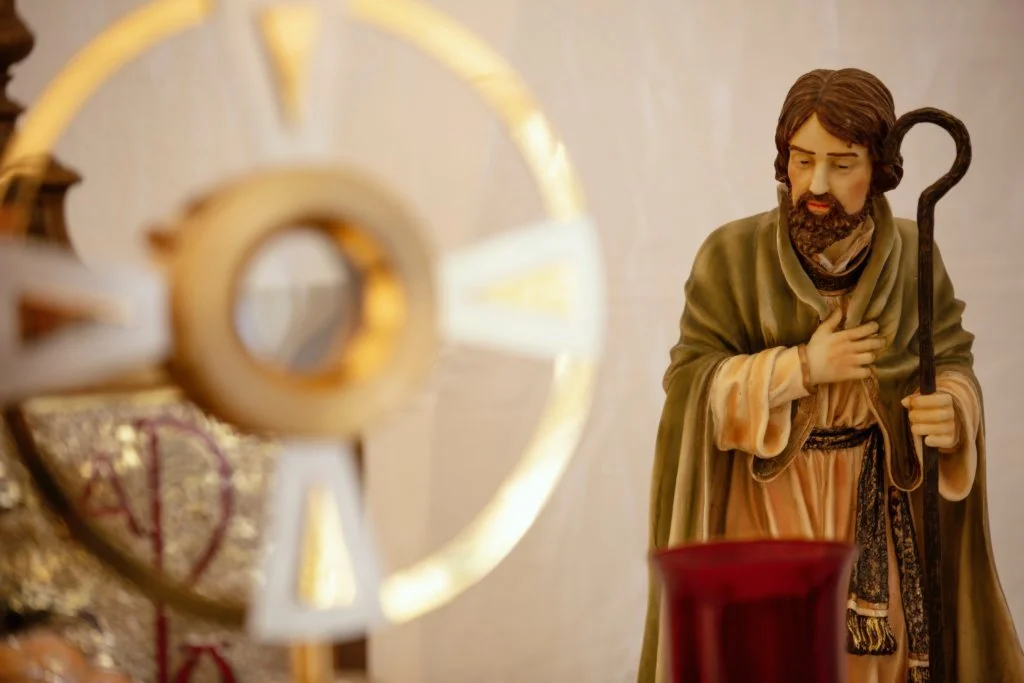
The St. Joseph Prayer and Ritual
We don’t ever want you to be in need of a miracle to sell your home. However, we know that sometimes selling a home can be extremely stressful and time-consuming.
This may be when you decide a little “extra” help might be in order, like a St. Joseph prayer to sell the house. Centuries ago, European nuns would bury a medal or coin with the likeness of St. Joseph on the property they wished to buy for the building of their convent. Over time, the St. Joseph medal/coin transitioned into a statue and the ritual changed from buyers to sellers.
The St. Joseph statue ritual includes the following:
- Dig a hole near your “For Sale” sign that’s large enough for the statue
- Wrap the statue in a protective cloth or plastic
- Place the statue in the hole, his hands pointing towards your home
- Cover the statue with dirt
- Say a prayer to St. Joseph for help in selling your home quickly
When burying a St. Joseph statue to sell a house, you can choose a prayer that best fits your needs. You may opt for something short and heartfelt, or go with a more formal prayer if that feels better for you. There’s no real right or wrong, as traditions regarding this particular home-selling ritual have evolved over the years.
Where to Buy a St. Joseph Statue
Small St. Joseph statues can be found at various retail stores, including those specific to religious items. You can also buy a St. Joseph statue online through Amazon and other retailers. It’s also possible to find a St. Joseph home selling kit that includes instructions, the statue, and a prayer card.
You don’t have to be religious to consider a St. Joseph statue to sell a house. We sometimes know a little saintly intervention may alleviate home-selling anxiety.
12 Other Good Luck Charms and Rituals for Selling a House
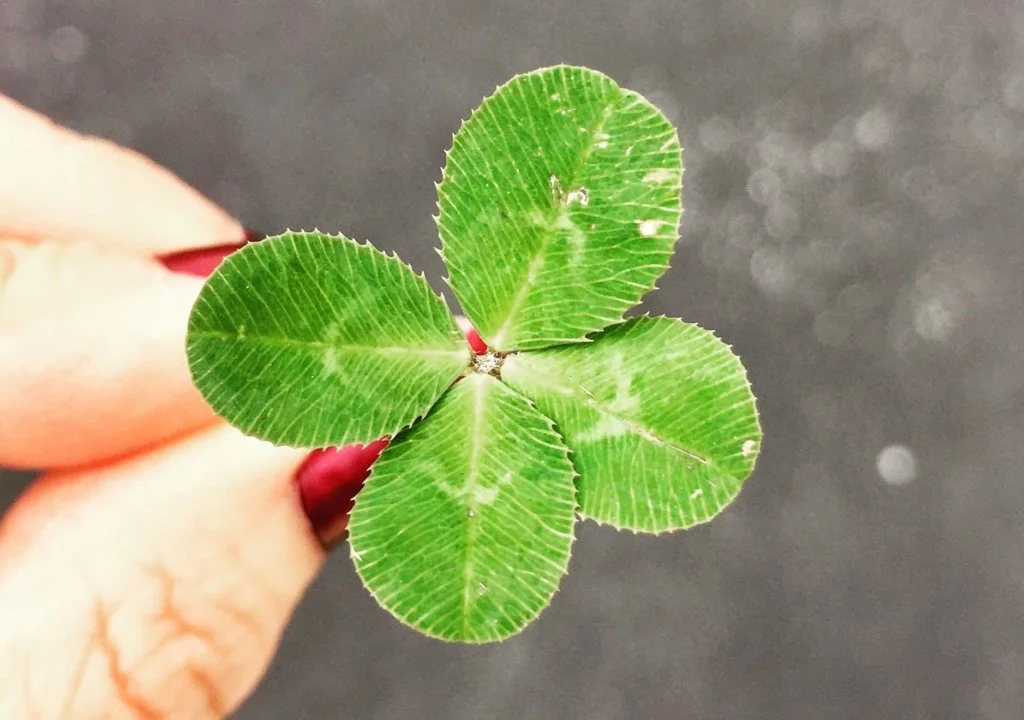
While we’re confident HomeGo can help, we also understand you may feel the need to consider a few good luck traditions when selling your home. Other superstitions include:
1. Numbers Are Important, Pay Attention to 8 and 4
Of course, you can’t create a list of superstitions without paying attention to numerology. Numbers hold quite a lot of mystique and, surprisingly, their importance is still in observance in today’s real estate market and development. Luck in real estate is supposedly found in the last non-zero digit of the sale price.
For example, in Chinese culture, the number 4 is considered unlucky and the number 8 is thought fortuitous. This originates from the phonetic pronunciation of the numbers: “eight” sounds similar to the Chinese word for prosperity and wealth, while “four” mimics the word for death. Try to list an asking price of $208,000 versus $204,000.
2. Clean out Bad Energy to Boost Supernatural Curb Appeal
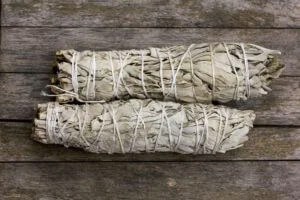
Give yourself some good luck and maybe you can sell your house fast. Smudging, or burning a bundle of dried sage leaves, is an ancient tradition that has roots in Native American culture. In some First Nations and Native American ceremonies, certain herbs are traditionally used to purify or bless people and places, sage being the most common to ward away bad energy.
Through a simple smudging ceremony, all bad vibes and leftover energies are supposedly expelled and replaced with harmony and light. After all, you do want a buyer to fall in love with your home, and what is better than a soulful love at first sight?
3. “Go out the Way You Came in”
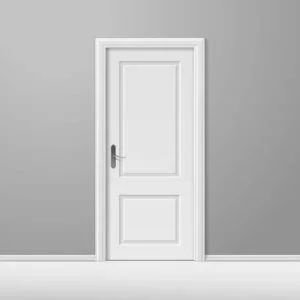
You might recall this being chimed by your grandmother when you came to visit, and it is a saying that likely has roots in old Irish superstition. Doors are widely regarded as symbols of transition, and as such, all visitors, and this includes potential buyers who are viewing your home, should be invited to exit through the same door they entered.
4. Ancient Attachment to the Number 7
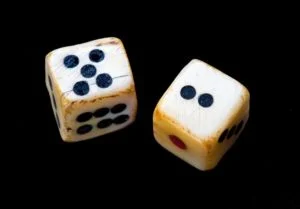
The number seven, as seen in Vegas, is considered lucky and is a traditional “favorite number” around the world. But this isn’t just a number you’ll cross your fingers for at the slot machines, the power of the number seven extends all the way back to ancient times. Preference of the number is found over and over again in Greek, Chinese, Japanese, Egyptian, and Hindu religions.
Seven was thought by Pythagoreans to be the perfect number, while today we still see a repetition of the number. There are seven days of the week, seven colors of the rainbow, seven notes on a musical scale, seven seas, and seven continents. Try including the number seven in your asking price and you might reel in a buyer.
Speaking of the lucky number seven, did you know that you can actually close the sale of your home in as little as seven days. Bypass the hassle of a traditional sale, you can sell your house and be done with the whole process without stress. It’s your lucky day!
5. Scattering Coins Increase Your Financial Fortune
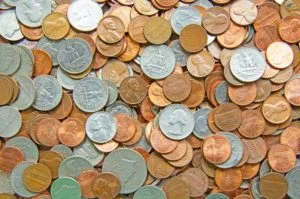
Tradition for those who need to earn top dollar from the sale of their homes in the Philippines will scatter coins around the living room to invite financial prosperity.
6. the Forever Unlucky Number 13
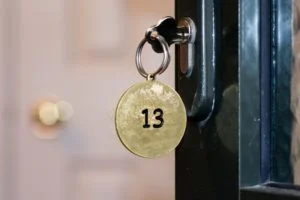
The number 13 is the world’s’ least favorite number. High-rise towers and condos often skip over the thirteenth floor entirely, listing only twelve to fourteen. In fact, the Wall Street Journal reported that less than 5 percent of high-rise condo buildings in New York City have a 13th floor.
The negative attachment to the number 13 has various origins, but can commonly be traced to Christian beliefs. The origination of the unlucky 13th man is often connected to the last supper of Jesus Christ. While Christ dined with his 12 apostles, the thirteenth place at the table was set for Judas Iscariot, the betrayer of Christ. Also associated with the number is that of Friday the thirteenth of October 1307. King Philip IV of France ordered the arrest of the Knights Templar. There’s even a name for a phobia associated with fear of the number 13: Triskaidekaphobia.
7. Fennel Seeds Ward Away Bad Luck

In Medieval Europe, the herb fennel was hung over doorways to prevent bad luck and sorcery from entering the home. Fennel seeds were put in keyholes for the same reason. If you cannot seem to sell your home, try planting some good vibes with strategically placed fennel seeds, no pun intended.
8. Timing Is Everything

Beginning the process of moving should be strategically planned. Not only do you need checklists and boxes, but it is unlucky to place your house for sale or move into your new house on a Friday, Saturday, or rainy day. According to Native American tradition, Thursday is the luckiest day of the week. Other Western culture superstitions claim that April, July, and November are the most unlucky months in which to move.
9. Feng Shui the Whole Nine Yards
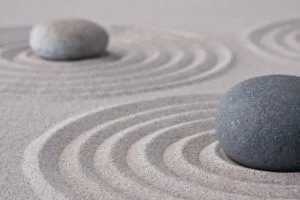
Attractive colors and strategic layouts for each room have more to do with tradition than superstition, but feng shui has been carried out by generations of home sellers, superstitious and non-superstitious, alike. Some feng shui techniques are closely linked to Daoism and are meant to perpetuate harmony between the environment and its inhabitants.
As one of the Five Arts of Chinese Metaphysics, the feng shui practice binds the invisible forces between the universe, earth, and humanity together. Some common feng shui techniques are to place yellow flowers in living or dining areas, turning on a light in each empty room for three hours a day, or hanging mirrors in the east, southeast, and northern areas of your home.
10. Bake Cookies Before Showing Your Home to Buyers

While this has obvious effects of a sensory nature, it might not be so much a superstition as a strategy. Folklore states that having a fresh batch of cookies in the oven could bring good luck before you show your home for sale. While there is no guarantee that this actually could change your luck, it will definitely fill the air with the scent of home sweet home.
Need a great cookie recipe to lure in some buyers? Try out this cookie recipe. (It’s our favorite!)
11. Knock-Knock-Knock on Wood
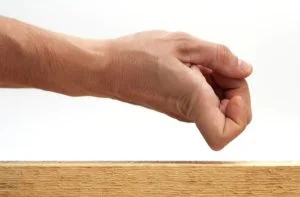
If you wish for some good luck to come your way, you might want to knock on wood. Commonly, the expression is used to prevent placing a jinx on yourself, and knocking upon or touching wood is thought to reverse bad luck. If all of your efforts to sell your house seem to be in vain, then the next time you have high hopes you might want to touch wood.
Ancient folklore is rich with the importance of trees, and, while the exact origins of knocking on or “touching wood” are shrouded in mystery, it is safe to say that this is a very old Pagan tradition. If you wished to request good luck or to distract spirits with evil intentions, you would knock upon a tree. The knocking supposedly prevented evil spirits from hearing your speech, while some traditions stated that knocking on a tree would awaken and release the benevolent wood fairies that lived within it.
12. Sweep in the Mornings
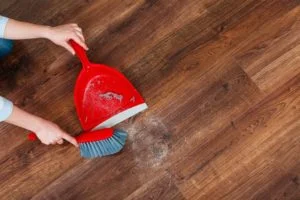
Tradition in West Africa states you should do all your housework at the beginning of your day. If you are hoping to sell your house fast, don’t sweep your home at night, lest you brush away good fortune.
No time for superstition? Sell your house fast with HomeGo
Let’s face it, while these superstitions have been around for ages, there is something a little silly about using such methods to sell your home. If you need to sell your house and don’t have the time for bad luck, HomeGo is the solution.
With HomeGo, you bypass the hassle of selling your house with a traditional Realtor and still make top-dollar. We make the process simple and fast, and you can get on with your life. HomeGo buys houses through a straightforward process, and, if you need to sell your house because of divorce, foreclosure, debt, or a job transfer, we will work with your situation to get you the money you need in as little as seven days.
Even if your home is old or damaged, HomeGo will buy it for top dollar, and you don’t have to make any repairs or renovations beforehand. Instead of selling your house the old-fashioned way, there’s no stress, no waiting around, and no fees so you get to keep your money.
If you’re interested in what kind of offer you can get for your home, you can find out easily by filling out the form below. Your offer is backed by data and is guaranteed to be the highest possible amount of cash. When the sale is closed, you will be paid-in-full, and you don’t even have to knock on wood.
Don’t waste your time with superstitions, realtors, or even making home repairs. HomeGo is the perfect way to sell your house without any hassle. Get your cash offer right now and you could be done with the sale in as little as seven days. Well then, it seems your stars have aligned to sell your house fast. What luck!




